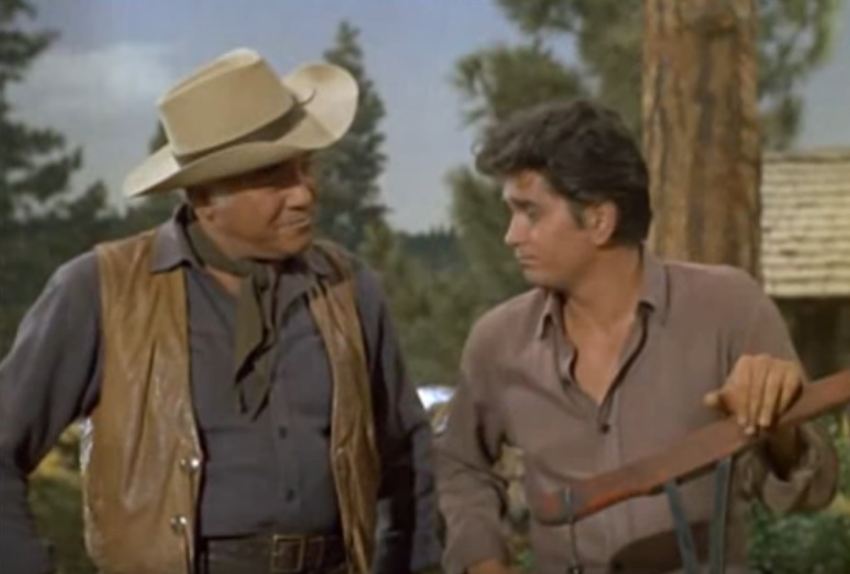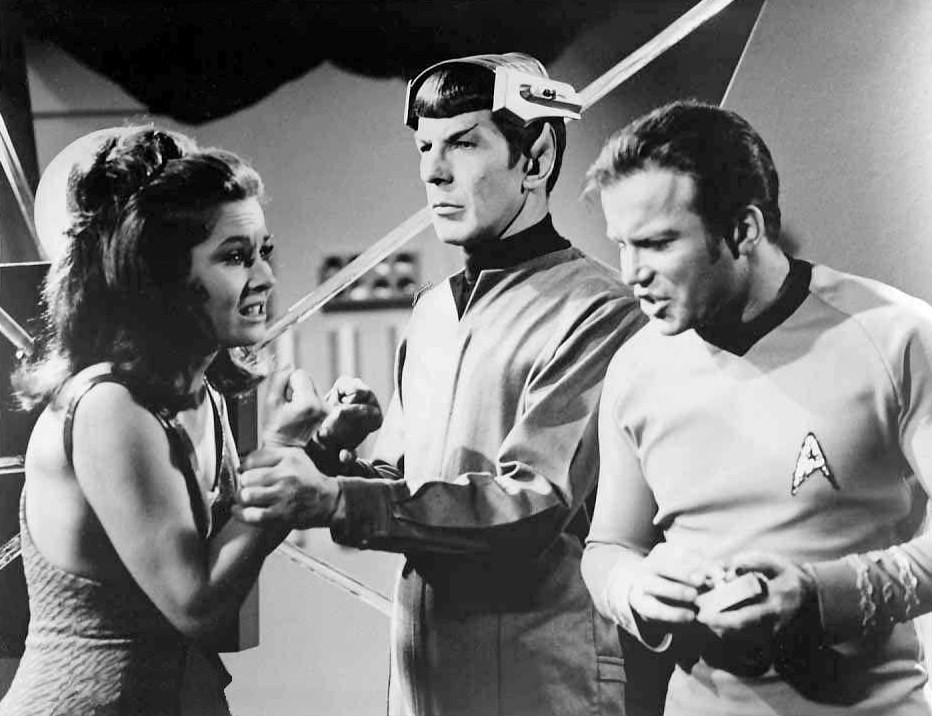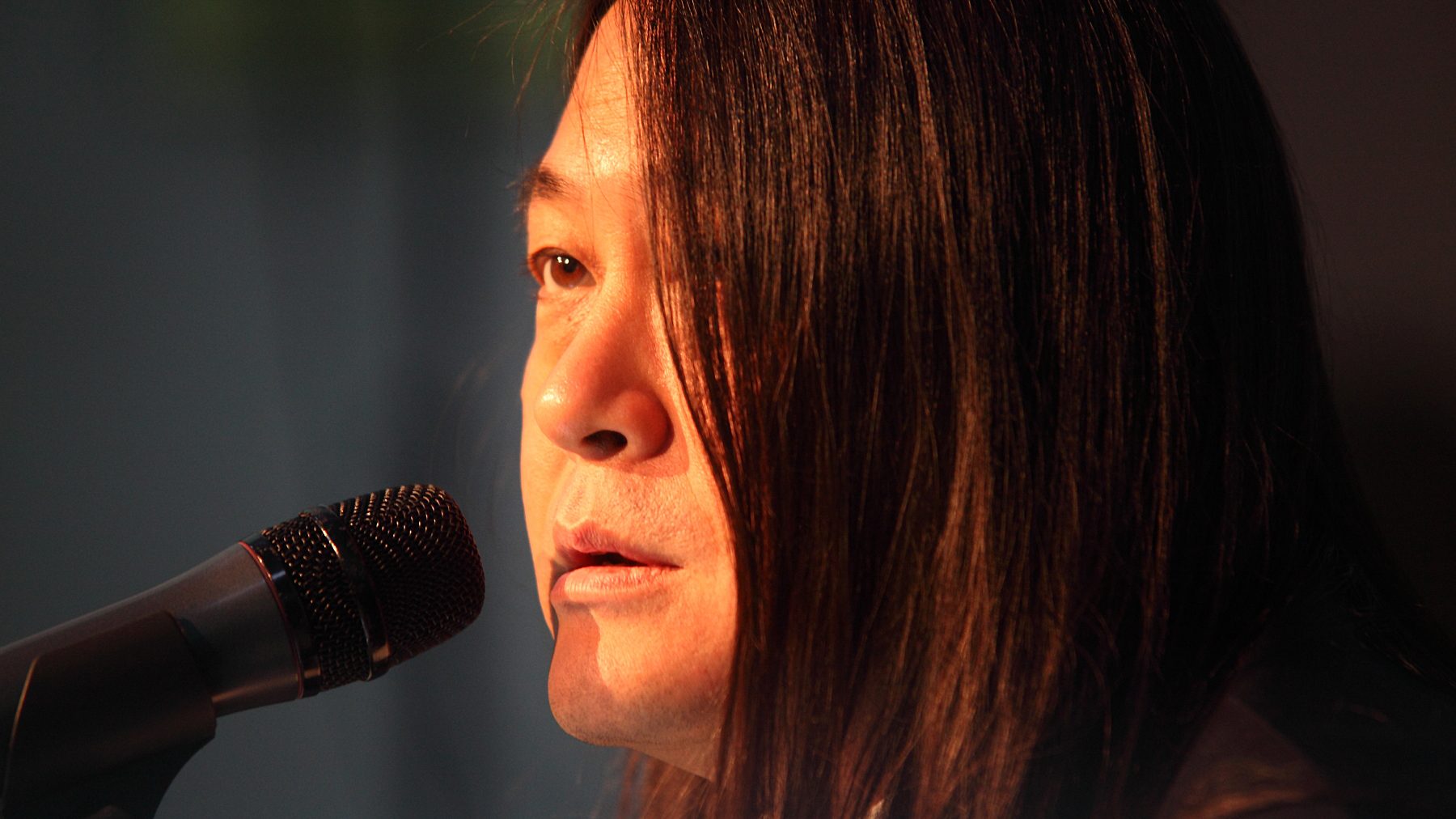Kaiser Kuo is the Chinese American host of the Sinica podcast, the former head of communications at Baidu, a rock star (literally—he is one of the founders of the band Tang Dynasty), and a human tidal wave of information about China and its culture. His parents were born in China; he grew up in upstate New York and lived in Beijing for 20 years, between 1996 and 2006. He and his family are based in Chapel Hill now.
Kaiser’s job is to understand and interpret both places, one for the other, and has been for many years. “It’s almost impossible to be a foreigner in Beijing and not hear about Kaiser,” the writer Evan Osnos once said of him on This American Life.
The other day I ran across an interesting remark Kaiser wrote on Quora, where he is very active—a Top Writer, in fact, according to his bio there, whose responses have been read many millions of times. The question was:
Why do many forms of cheating—surrogate test taking, IP theft, answer sharing, plagiarism, use of paper mills, subversion of regulations, low-level bribery, etc.—seem to be widely considered a justifiable means to an end in China?
His long response included this:
[…] The flaunting of the material and political rewards that came with “success” has been so common, has been on such conspicuous display, that it’s easy, at least for me, to understand why anyone wanting to play strictly by the rules would be viewed as a chump or a sucker. When dishonesty seems to pay so handsomely and honesty seems to lead only to penury, it’s to be expected, regrettably, that many within society will choose dishonesty.
This normalization of selfishness, this brutal pragmatism, this primacy assigned to “success” – it’s all also, I believe, the fundamental reason that so many Chinese people both in China and in diaspora voiced support for the candidacy of Donald Trump in 2016, and why so many continue to support him today.
The parallels to the United States leap out, but maybe it’s also a human failing, a failing of politics and of imagination: the naivety of hoping for an evolution past “man’s inhumanity to man.” Selfish people sometimes just get the upper hand through whatever levers they can grab.
I thought I’d get in touch with Kaiser and talk about this a bit. The following is our conversation, edited for clarity.
Your Quora response really resonated with me so deeply. I feel like the same thing has happened in the U.S. for sure, a sort of moral hollowing-out.
The idea of a moral vacuum in China is hardly original; it’s a perennial conversation. It’s a very low-trust society, which—it morphed into one quite quick; in the early 80s, there was still a vestigial Communist morality. Everyone was poor, there was a sort of marvelously low GINI coefficient; there was little to covet, but it was a much higher-trust society.
That has disappeared: By the early 90s for sure, it was palpably a low-trust sort of place, which manifests in all sorts of ways. There’s a sort of casual brutality toward one another. On one side of the coin is a wholesome pragmatism—they’re not going to let a lot of nonsense get in the way of what needs to get done; the other side of it is ruthless, amoral.
I came to realize that really this phenomenon… that Chinese people voting for Trump says much less about American politics than it does about Chinese society.
[He went on to tell me about a Chinese word I hadn’t known, baizuo, which is the quite close Chinese equivalent of “libtard.” It can be a Chinese person who is sympathetic with left-leaning causes in America, Kaiser says. Concerned about social justice, feminism—“that falls into this idea of baizuo.”]
These days they crib their stuff from Breitbart, or the Daily Caller, transposed into the key of China. Our worries are not about Mexican immigrants, but it suddenly turns into an equally hysterical fear of the few tens of thousands of Africans who are living in the city of Guangzhou…
It all comes down to the same thing: me and mine over you and yours, I’m going to screw you before you screw me—the dog-eat-dog world. And screw you if you’re gonna put any kind of limit on me gettin’ mine. I’m here to put my kid in Harvard! If you’re not getting in it’s because some Mexican took your kid’s place…
But… here’s the crazy thing about that. What is it that such people think they’re going to get from sending their kids to American schools, to be trained almost exclusively by leftists in the Enlightenment tradition of free thought and democratic—
Yeah! “I’m willing to step on you to get my liberal education!!”—the irony is really rich. The Enlightenment ideal.
[Here he grew thoughtful, and turned the conversation to his wife, Fanfan, who is Chinese born.]
My wife, she has that mistrust that… outside of the safe authority of the family, everyone else is trying to screw you. I feel that is the foundation of conservatism.
How will these things combine? It’s largely a matter of scarcity. China’s enormous population is an obvious factor, a lot of people competing, and in situations like that people will discard morality. I talked about Confucianism in my Quora response: There’s never been a universal church or a moral authority that exists in China, separate from the state.
In Western cultures you had a moral authority, a Christian authority, that at least nominally enjoined self-abnegation, renunciation of wealth, sharing, giving.
In the West, you had this kind of constant battle between secular and ecclesiastical authority.
But… Buddhism in a way is also self-abnegating. Confucianism, though it preached modesty and moderation, its ethics were situational. It’s context-dependent; there’s the application of the golden rule, but not a hard and fast morality handed down from on high.
My dad was sort of the ultimate Confucian patriarch. He was not aware that that’s what he was, he was but that’s what he was.
This is a weird tangent, but we had a lock on our television when we were kids. We were only allowed to watch certain shows. We three boys were clumped close in age, and we had to agree on what to watch in hour five hours that wasn’t PBS or news, or one of a number of shows he sanctioned.
Wait, what was sanctioned?!
They were really odd. Bonanza, with Lorne Greene. There were three sons, on this ranch, and a Confucian patriarch whose authority would trump whatever was owed to the state or the sheriff; completely a Confucian setup. You owe more fealty to your father than you do to the state. It feels to me like that particularism is so endemic in Confucian life.

When people talk about China being a collective, that is nonsense. Anyone who’s ever spent any time in China knows it’s intensely individualistic; it’s me and mine. I cannot help but think it’s rooted in this; it’s not a philosophy so much as it’s an operating system.
[laughter]
Of course it’s left an indelible imprint, an ethical stamp. I’m not Christian or Jewish but I very much feel the stamp of that morality; China too has this pervasive, invisible Confucianism.
What other shows did he think were okay?
Diff’rent Strokes.
Another strong patriarch.
Always a moral patriarch, but one who is a rule-breaker. He liked shows where the patriarch was an iconoclast.
Was he like that himself?
He was. He was the first guy in our neighborhood to get a radar detector! Seriously, that was his thing. He took a sublime pleasure in little acts of scofflawry… He passed away in 2014.
I would get him on the couch and tell him all this stuff I’d figured out about him and he’d laugh and say: Oh, you got me figured out.
Kung Fu… we were encouraged to watch that. Always PBS, National Geographic. The news.
What did you guys blow your five-hour allowance on?
 WIKIMEDIA COMMONS
WIKIMEDIA COMMONSStar Trek!! Always Star Trek.
My family became close to George Takei. My brother wrote Allegiance…
There was a noblesse oblige in my father. I was brought up to believe we were elites in Chinese society and that sacrifice was a noble thing; he was a Democrat who believed that higher taxes are good. He was honest… There was a Kennedy influence.
Another question I answered on Quora was something like, What is the thing your parents taught you that you still live by? My father said that in life you will rarely encounter instances where you have a grand moral choice, a choice between good and evil; but every hour of every day you will have to choose between being generous and magnanimous, and being petty. Avoid being petty.






